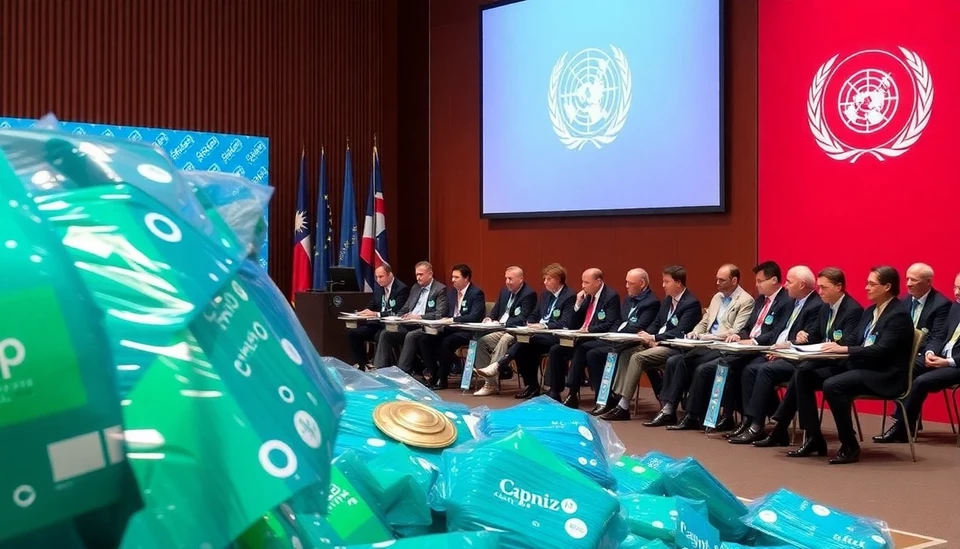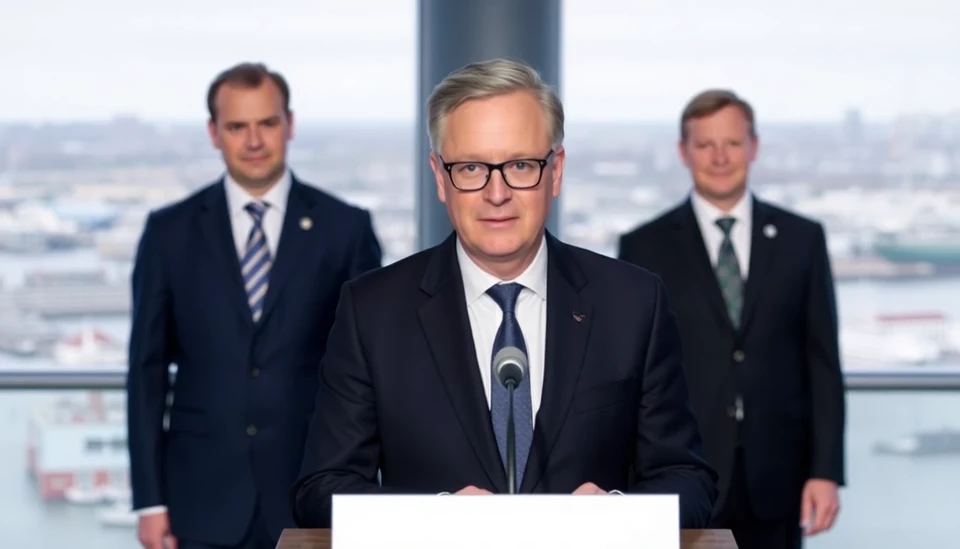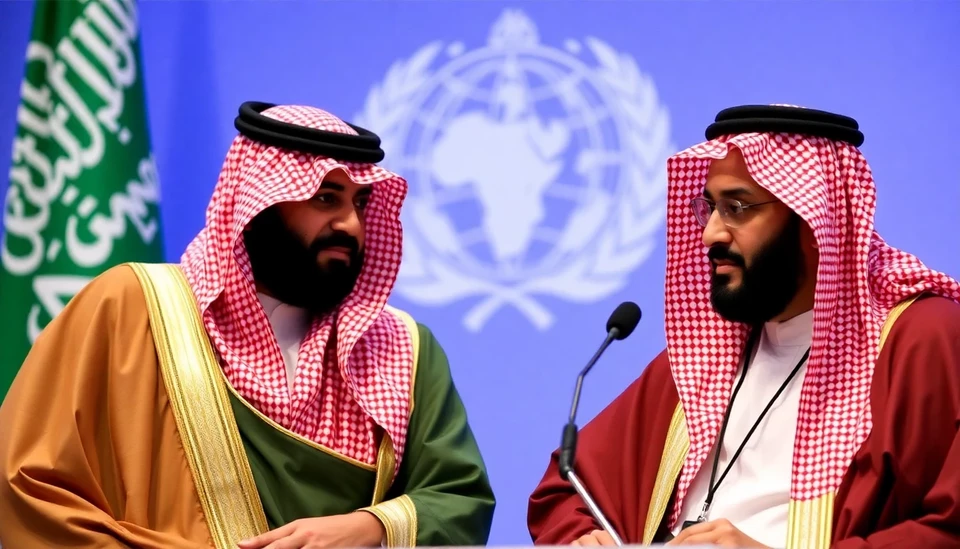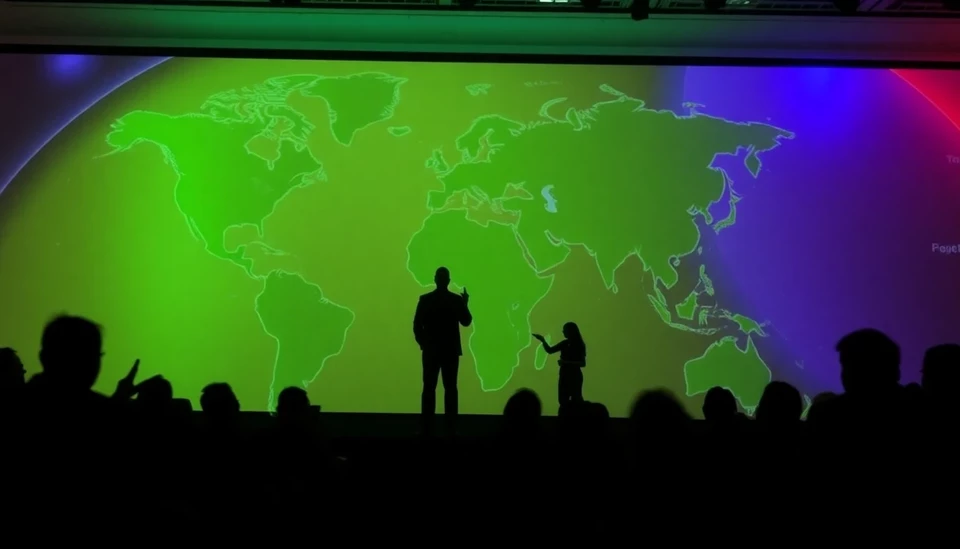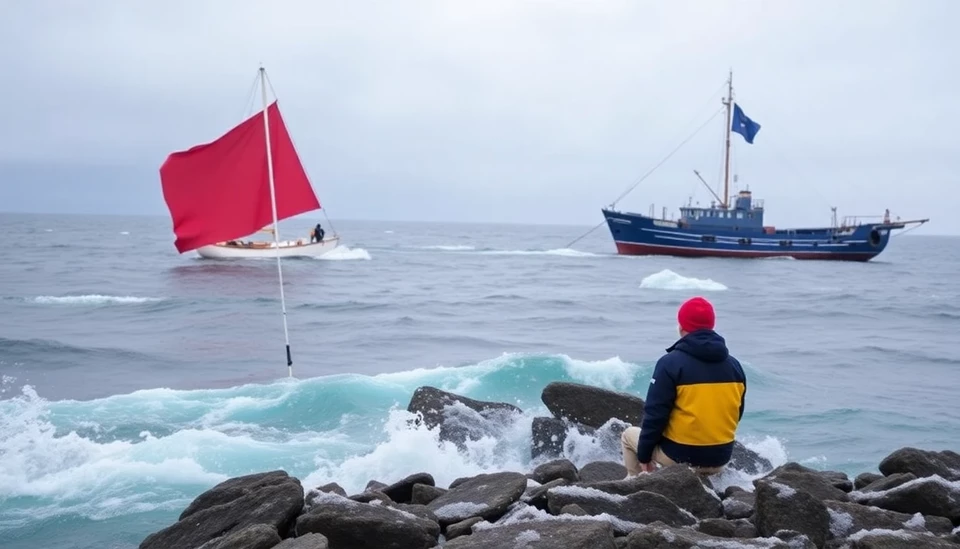
In a pivotal move ahead of the COP29 climate summit, advocates and environmental organizations are calling for ocean conservation to take center stage in the discussions surrounding climate change. As the global community gathers in Baku, Azerbaijan, this year's summit promises to address the pressing issues facing the world's oceans amid rising temperatures and pollution.
The need for increased focus on ocean health has never been more urgent. Oceans play a critical role in regulating the Earth’s climate, absorbing about a quarter of carbon dioxide emissions, and providing livelihoods for millions. However, they are under severe threat due to climate change, overfishing, and plastic pollution. Activists are emphasizing the importance of integrating oceanic concerns into broader climate discussions to ensure sustainability and resilience for marine ecosystems.
As leaders and negotiators prepare for the high-profile event scheduled for December, the conversation is already evolving. Advocacy groups are urging delegations from various nations to recognize that safeguarding ocean health is directly tied to mitigating the impacts of climate change. The ongoing degradation of marine environments not only affects biodiversity but also fuels extreme weather patterns and destabilizes economies reliant on fisheries and tourism.
One of the pivotal discussions anticipated at COP29 will revolve around the establishment of marine protected areas (MPAs) and the necessity of strict regulations to curb deep-sea mining, which threatens fragile habitats. Experts point out that conservation measures should be global in scope, as oceans know no borders. It is essential for countries to work collaboratively to develop strategies that protect marine ecosystems while respecting the rights of local communities who depend on these resources.
Moreover, significant attention will likely be paid to the intersection of climate justice and ocean policies, particularly how marginalized communities are disproportionately affected by ocean degradation. Advocates believe that ocean-based solutions not only benefit the environment but can lead to social equity and economic opportunity, especially for those in developing nations who rely heavily on marine resources.
As Baku prepares to host climate delegates, the spotlight on oceans could lead to groundbreaking commitments. NGOs and influencers are optimizing their efforts to rally public and governmental support, stressing the critical connections between healthy oceans, climate resilience, and future generations. The push for marine-centric discussions is gaining momentum, igniting hope that COP29 could be a turning point for policies aimed at preserving our oceans.
While past climate summits have often sidelined ocean topics, it is hoped that the tide is changing with this increased advocacy. The outcomes of COP29 could set a new precedent for international climate agreements, paving the way for targeted initiatives that prioritize the oceans alongside terrestrial and atmospheric strategies.
As we approach this crucial summit, the collective voice of ocean advocates serves as a powerful reminder of the essential role oceans play in our global climate system. Their fight for recognition is bolstered by growing scientific evidence and increasing public awareness about the urgent need for action. The events in Baku may well become a defining moment in the global climate movement, framing ocean health as an indispensable element of climate strategy.
As discussions unfold, the hope remains that COP29 will lead to a robust framework for ocean governance, emphasizing that a healthy ocean is not merely an environmental concern—it is at the core of global stability, economic health, and the fight for climate justice.
#COP29 #ClimateChange #OceanConservation #MarineProtection #ClimateJustice #BakuSummit #Sustainability #EnvironmentalAdvocacy #GlobalClimateAction
Author: Peter Collins

